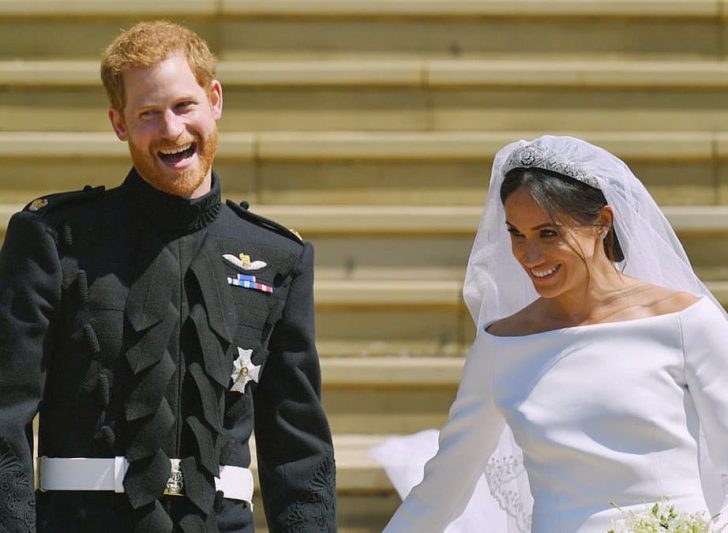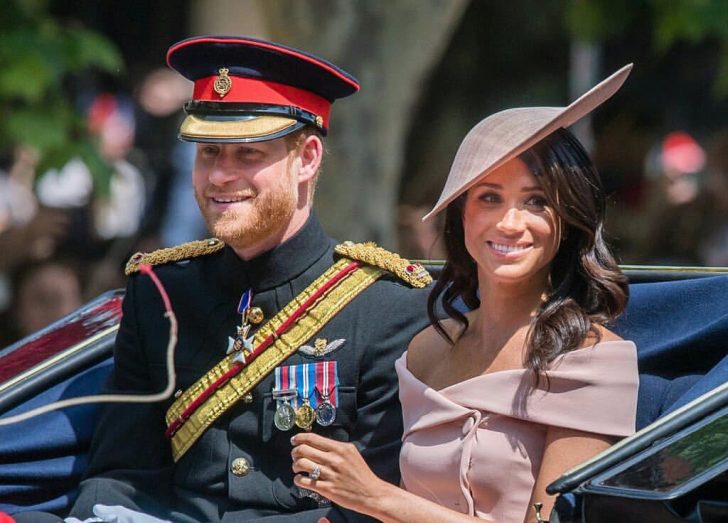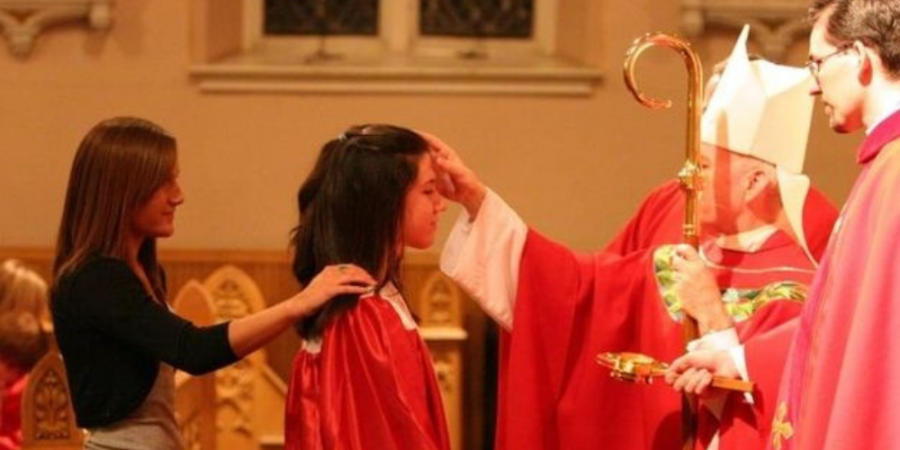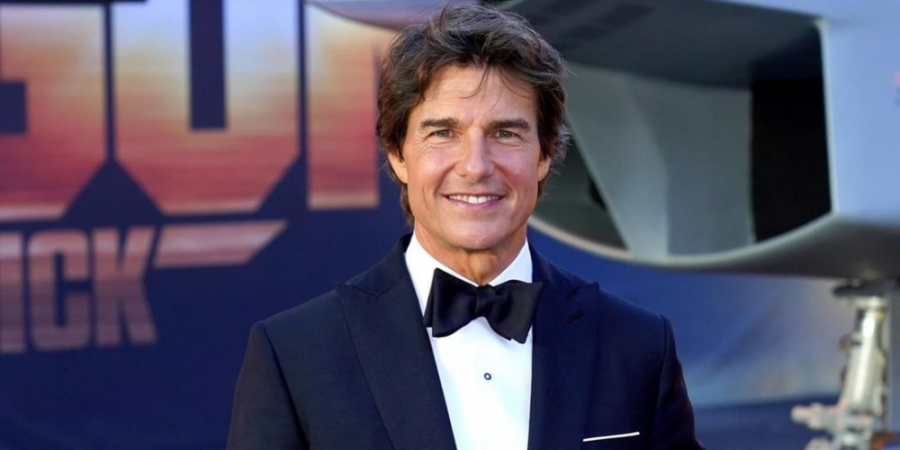In a world where celebrity privacy often seems like a fair game for media outlets, Prince Harry’s recent legal victory against the Mirror Group Newspapers (MGN) marks a turning point. However, this case is not just about a royal seeking justice–it is a broader narrative about media accountability and the right to privacy.
The battle was against the Mirror Group Newspapers (MGN), a conglomerate accused of extensive and prolonged phone hacking. This intrusion was not just invasive but also spanned a significant period, including during the Leveson inquiry, a pivotal moment for media ethics. The judge’s verdict underscored the gravity of the situation, highlighting a systemic issue within the group’s news-gathering practices.

Harry Fan Page / IG / As Prince Harry wins the notorious phone-hacking case, he is been awarded £140,600 ($178,900) in damages.
Prince Harry: A Standard-Bearer for Privacy
The Duke of Sussex’s response to his win was more than just satisfaction. It was a statement of principle. The awarded damages of £140,600 ($178,900) symbolize a moral victory against the invasion of privacy.
Thus, Prince Harry’s stand, hailing the judgment as a triumph for truth, sets a precedent for how public figures might combat media overreach.
Piers Morgan’s Controversial Take
The case also threw into the spotlight Piers Morgan, a figure known for his contentious views. Morgan’s reaction to Prince Harry’s victory was a mix of personal attack and staunch denial of any involvement in unethical practices during his time as an editor. This response adds an intriguing layer to the debate on media ethics and the role of individual journalists.

Harry Fan Page / IG / The case rules that Piers Morgan, who worked as an editor of MGN between 1995 and 2004, “undoubtedly” knew about the illegal practice.
The implications of this case go far beyond a personal win for Prince Harry. It throws into sharp relief the ethical boundaries that some media outlets have crossed in pursuit of a story. The ruling against MGN paints a concerning picture of the lengths to which journalists might go, prompting a necessary reevaluation of media practices.
The Broader Impact on the British Monarchy
The ripple effects of this case on the British monarchy are significant. It adds to the narrative of Prince Harry and the Duchess of Sussex’s strained relationship with the media. Their quest for respect and privacy has been a recurring theme, and this legal victory underscores their determination to safeguard their personal lives.

Harry Fan Page / IG / Celebrating the victory, the Duke of Sussex urges British authorities to investigate and bring charges against Mirror Group Newspapers (MGN.)
This landmark case could be a harbinger of change in the media landscape. It champions the cause of individual privacy rights against media intrusion. The verdict could potentially inspire stricter guidelines and higher journalistic standards, fostering a media environment where privacy is not just an afterthought but a fundamental right.
Parting Thoughts
In summary, Prince Harry’s legal win is a watershed moment in the ongoing dialogue about media responsibility and privacy rights. While the financial compensation is noteworthy, the enduring impact of this case lies in its potential to reshape journalistic ethics and strengthen privacy protections.
If nothing, this case is a reminder of the delicate balance between public interest and personal privacy, urging a rethinking of media practices in the contemporary world.










